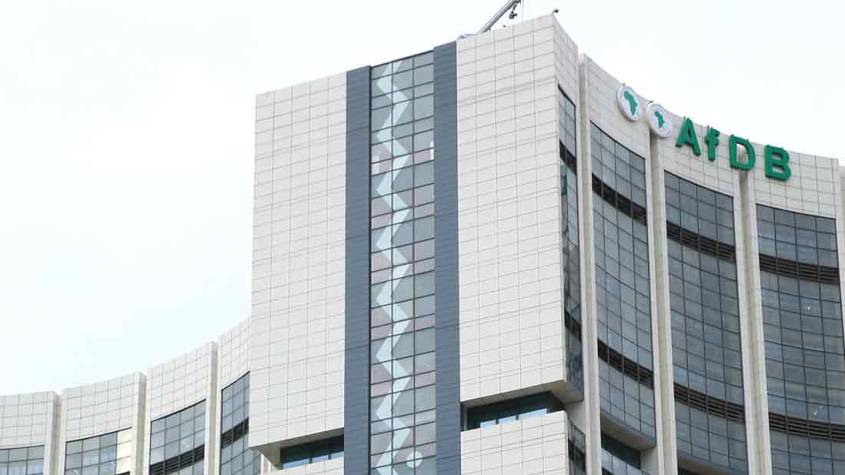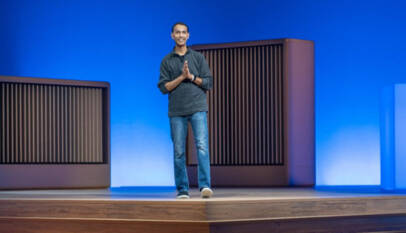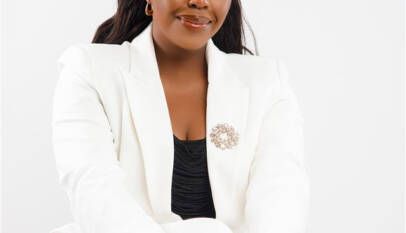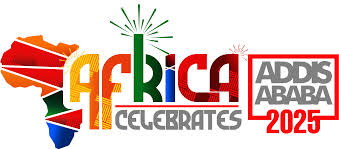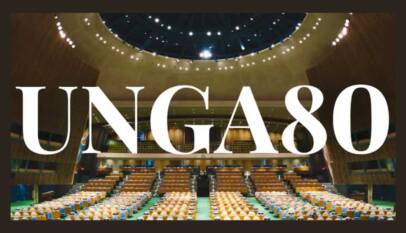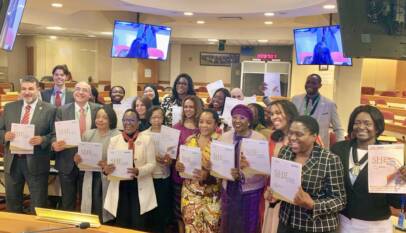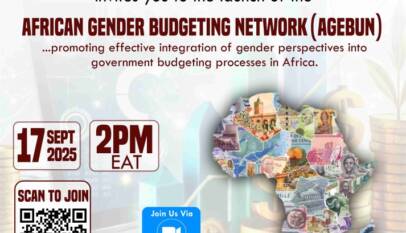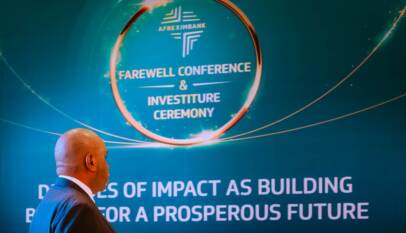OP-ED | It’s Time for Female Leadership in African Development Bank, By Amina Mohamed & Susana Malcorra
As the African Development Bank (AfDB) prepares to elect its 10th president next month, its shareholders should seize the strategic opportunity of naming a woman to fill this critical post.
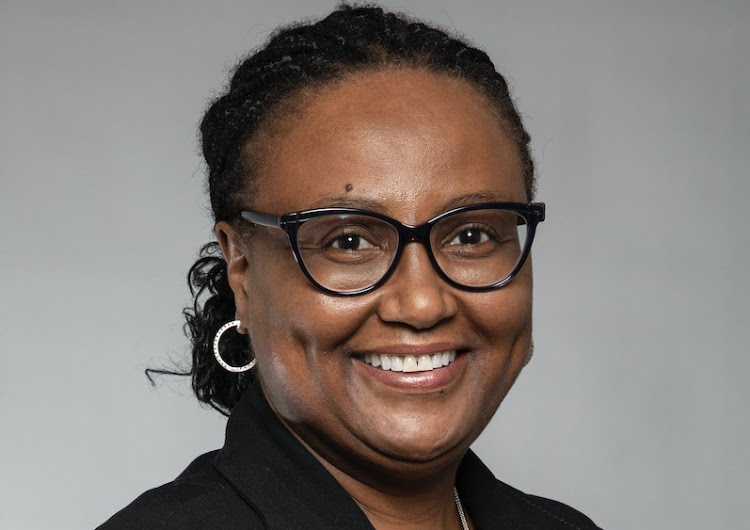
All five candidates have impressive credentials, and they have each offered compelling visions for leading this vital institution at a critical time for Africa’s nearly 1.5 billion people. It is reasonable to assume that any of them could perform the job competently.
But since only one of the candidates is a woman [Ms Bajabulile Swazi Tshabalala], it is also worth asking what additional impact her election could have.
Since its founding in 1964, the AfDB has been led exclusively by men, which reflects the persistent underrepresentation of women in the top leadership roles of international institutions around the world. We are members of GWL Voices, an advocacy group that studies the leadership of 54 of these organizations.
In GWL Voices’ latest annual report, “Women In Multilateralism 2025”, we note that the AfDB is one of 19 international organizations that have never been led by a woman. This group has been steadily shrinking in recent years, as institutions such as the International Monetary Fund, the World Trade Organization, the European Investment Bank, and the World Meteorological Organization have elected women to the top job for the first time.
These elections reflect a global consensus that the leadership of these institutions should mirror the gender composition of the societies that they serve.
Africa needs smart, determined, and visionary leadership to tackle its pressing challenges, from climate change to unemployment to infrastructure deficits. Fortunately, there is no shortage of African women who fit that bill. Across the continent, we have distinguished ourselves as ministers of finance, central bank governors, CEOs, economists, and development experts.
Many of us have risen through the ranks in multilateral institutions, combining local knowledge with global experience. It is not a question of whether African women are qualified—it is a question of whether we will be given the platform to lead.
Unfortunately, women across Africa continue to face systemic barriers to accessing power and influence. While progress has been made in some countries, gender inequality remains entrenched in many spheres of public and economic life. Women are often sidelined from the highest echelons of political and financial decision-making, even when they demonstrate exceptional competence and leadership.
Given this context, electing a woman to lead the African Development Bank would send a powerful signal. The AfDB is a pillar of development on the continent, responsible for financing critical infrastructure, promoting economic integration, and shaping the future of Africa’s economy. It is also at the forefront of efforts to combat the disproportionate impact of poverty on women and to expand their access to education, jobs, and digital connectivity.
If girls and young women were to see someone who looks like them leading the AfDB, it would expand their vision of what is possible. It would shift mindsets—not just among women, but also among men—about who belongs in leadership roles.
The symbolic power of a woman president at the AfDB would ripple far beyond the bank’s headquarters in Abidjan. It would reach rural schools in Malawi, startup hubs in Nairobi, and parliamentary chambers in Abuja. For the millions of African girls growing up in societies where their ambitions are often curtailed by social expectations, this could offer thrilling evidence that change is possible.
Choosing a woman could also benefit the AfDB’s performance, because research consistently shows that diverse leadership leads to better outcomes, greater innovation, and more inclusive decision-making.
At a time when Africa’s people are clamoring for bold, inclusive, and transformative leadership, the shareholding nations of AfDB have a clear opportunity to answer that call with a historic election.
Amina Mohamed, GWL Voices’ member, and Susana Malcorra, GWL Voices President and Co-founder. The views expressed in this opinion article are the authors’ and do not necessarily reflect African Newspage’s editorial policy

